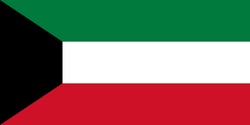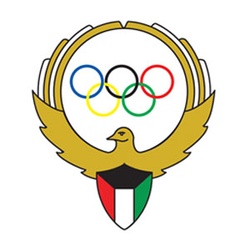Kuwait meaning fortress built near water and is bordered by Iraq and Saudi Arabia.
For a small country it is the 9th richest country and has the 5th largest oil reserve in the world. It gained independence on the 19 June 1961 from UK, was invaded by Iraq for 7 months in 1990 and has since rebuilt its economy and infrastructure. The capital is Kuwait City.
Tourism is a growing sector in the Kuwaiti industry. Popular tourist attractions include mosques, museums, Kuwait’s Failaka Island, the musical fountains, the Kuwait Towers and liberation tower and the Dhow Harbour where you can board a historic wooden ship which was used for pearl divers who risked their lives trying to obtain the best quality pearls before the discovery of oil.




